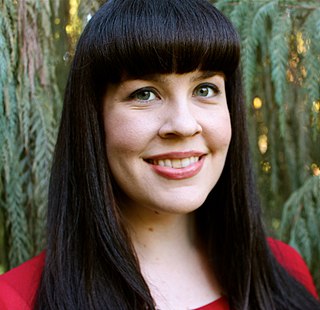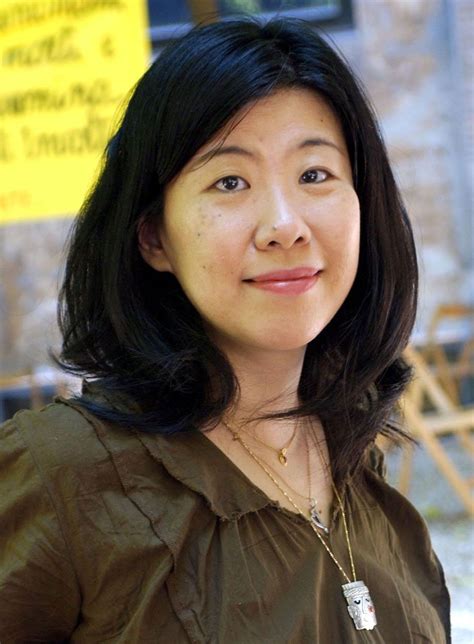A Quote by Caitlin Doughty
The home funeral - caring for the dead ourselves - changes our relationship to grieving. If you have been married to someone for 50 years, why would you let someone take them away the moment they die?
Related Quotes
We buy things. We wear them or put them on our walls, or sit on them, but anyone who wants to can take them away from us. Or break them.
...
Long after he's dead, someone else will own those stupid little boxes, and then someone after him, just as someone owned them before he did. But no one ever thinks of that: objects survive us and go on living. It's stupid to believe we own them. And it's sinful for them to be so important.
When we evaluate the rightness or wrongness of actions or behavior, we need to ask ourselves if that behavior will edify—build up—ourselves or someone else, or if it will tear down. The question is not what we can get away with, but what is healthy and edifying. When it is all said and done, are we edified spiritually? Have we been built up and strengthened in our relationship with the Lord or with our spouse, or have we been weakened? Do we come away encouraged or discouraged, confident or filled with a sense of guilt or shame? Is our conscience clean?
A lot of people resent that I've been in someone's life for 50 years. Why shouldn't people have an affection for me and what I've done? Didn't I have to be genuine for them to buy into what I did? There are children who grow up today who will not have that when they're 55 years old. With whom will they have it? Name an example for me.
If we were controlling the performance, we never would have had someone push a button to make the pellet stove come on during a climatic moment. And after the loud pellet stove moment, which is like a Todd Haynes's Safe interruption into the home and into the narrative - as if the home is a like a ghost surrounding the characters - her performance changes entirely.
When we find delight in another person, we've actually found something joyful inside ourselves that involves a shift in our awareness, a shift in our perception, because the same person is not necessarily attractive to other people.In relationship, whenever we're drawn to someone or repelled by someone, they're both mirrors of the self. We're attracted to people in whom we find traits that we want or desire in our own selves. And we are repelled by people in whom we find traits that we're denying in ourselves. So relationship is a true mirror of where we are in our evolution in consciousness.
I think the biggest thing that I have to do is to remind people that poetry is there for us to turn to not only to remind us that we're not alone - for example, if we are grieving the loss of someone - but also to help us celebrate our joys. That's why so many people I know who've gotten married will have a poem read at the wedding.
No one can survive childhood without being wounded. Everyone remembers at least one time when their parents rejected them, pushed them away, even though they may have still been in the womb, blind, and unable to speak. That's why, as adults, we all look for someone to become our parents again, and for someone to look after us in times of need. And we search for a person to live with who can provide the companionship we so desperately want.





































